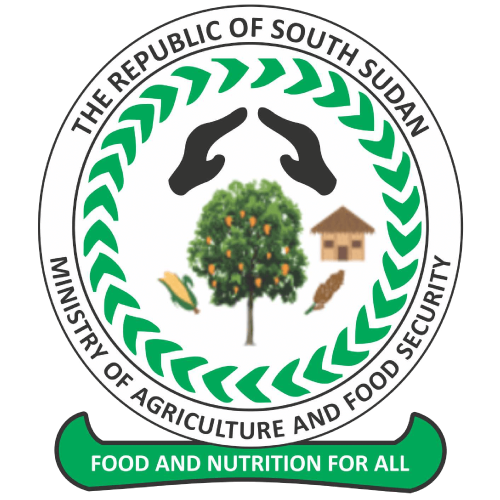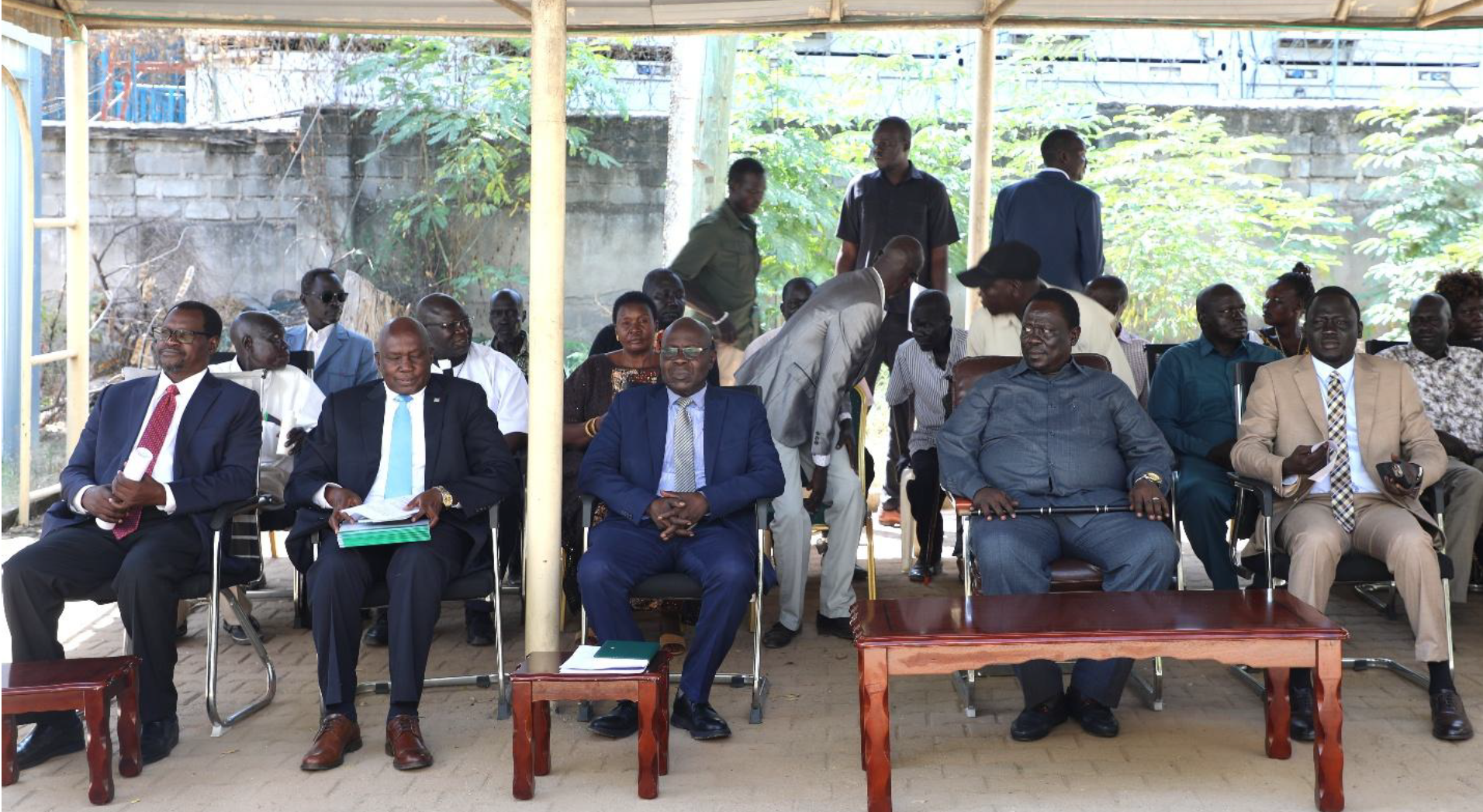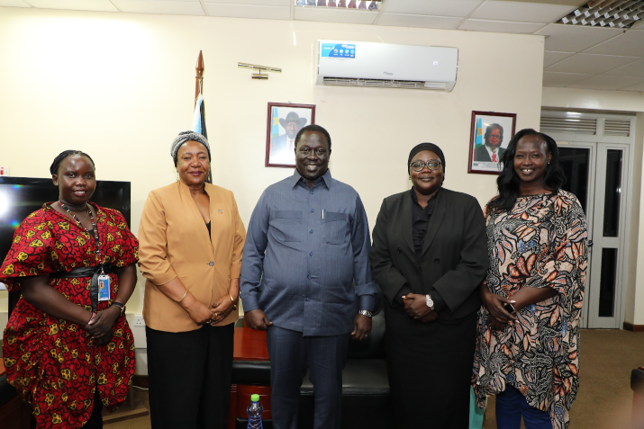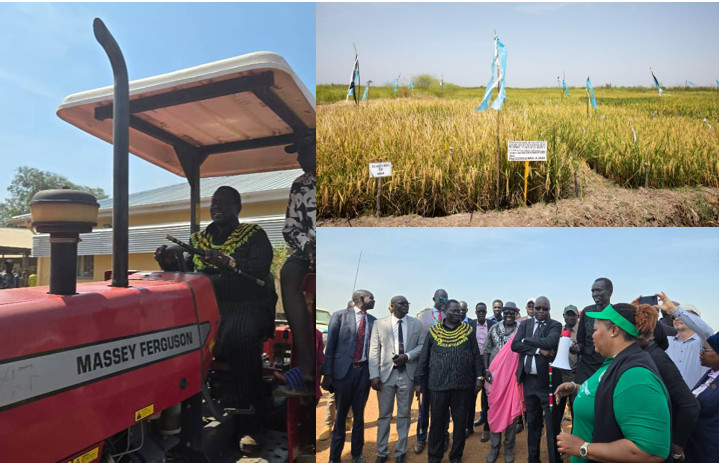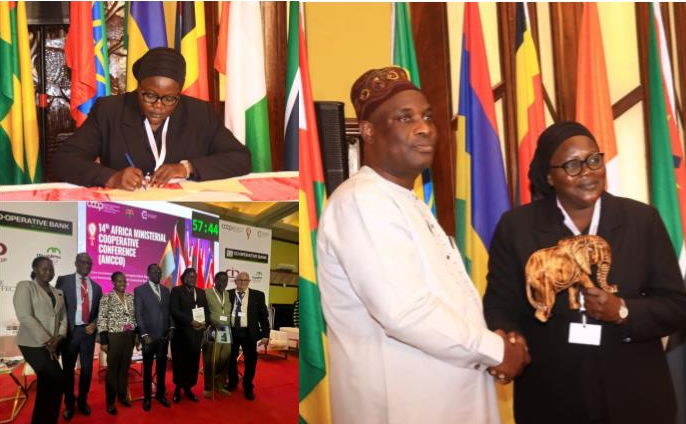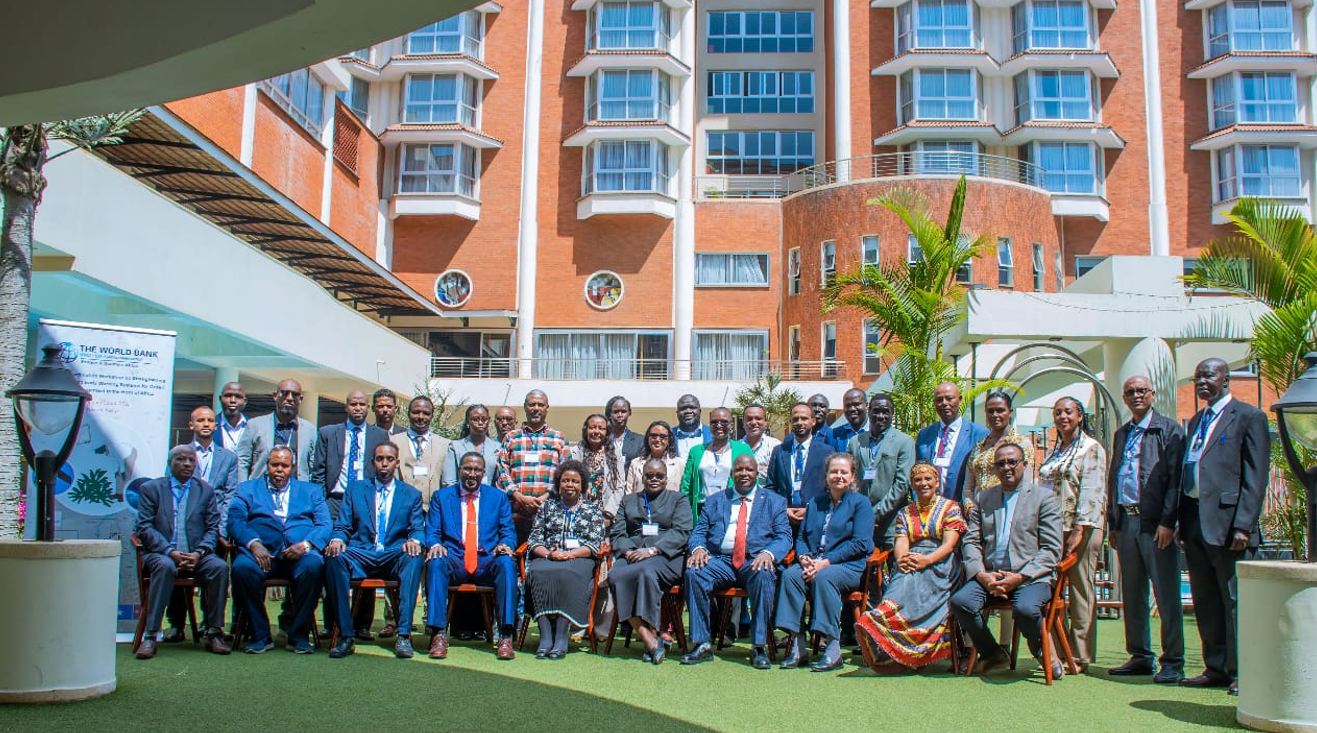Partners
| Partner | Details | Logo | Website |
|---|---|---|---|
| World Bank | The World Bank Group is one of the world's largest sources of funding and knowledge for developing countries. Its five institutions share a commitment to reducing poverty, increasing shared prosperity, and promoting sustainable development. The World Bank is currently funding four projects for the Ministry of Agriculture and Food Security (MAFS) including the Emergency Locust Response Project (ELRP), Resilient Agricultural Livelihoods Project (RALP), and Safety Net for Socioeconomic Opportunities Project (SNSOP). |  | https://www.worldbank.org/en/home |
| African Development Bank | The African Development Bank Group (The (AfDB) is a multilateral development finance institution, headquartered in Abidjan, Ivory Coast since September 2014. The AfDB is a financial provider to African governments and private companies investing in the regional member countries. AfDB funds four projects for the Ministry of Agriculture and Food Security and they are; Agricultural Market Value Addition and Trade project (AMVAT), Build Resilience for Food and Nutrition Security project (BREFONS), Strengthening Emergency Preparedness and Response to Food Crisis in South Sudan (SEPAREF), and South Sudan Emergency Food Production Program Project (SSEFPPP). |  | https://www.afdb.org/en |
| International Fund for Agricultural Development | The International Fund for Agricultural Development (IFAD) is an international financial institution and a specialised agency of the United Nations that works to address poverty and hunger in rural areas of developing countries. IFAD funds the South Sudan Livelihoods and Resilience Project (SSLRP). | 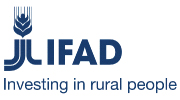 | https://www.ifad.org/en/ |
| UNOPS | The United Nations Office for Project Services (UNOPS) is a UN organization dedicated to helping people build better lives and countries achieve sustainable development. UNOPS is the MAFS implementation partner for the South Sudan Safety Net for Socioeconomics Opportunities Project (SNSOP) and supports implementation of the Labour-Intensive Public Works (LIPW) component of the Emergency Locust Response Project (ELRP). |  | https://www.unops.org/ |
| FAO | The Food and Agriculture Organization of the United Nations is a specialized body that leads international efforts to combat hunger, improve nutrition, and ensure food security. Its Latin motto, fiat panis, translates as "let there be bread". It was created on October 16, 1945. FAO oversees the implementation of two World Bank-funded initiatives for the Ministry of Agriculture and Food Security: Emergency Locust Response Project (ELRP) and the Resilient Agricultural Livelihoods Project (RALP). FAO also implements four other projects for MAFS that are funded by the African Development Bank: Agricultural Market Value Addition and Trade project (AMVAT), the Build Resilience for Food and Nutrition Security project (BREFONS), the Strengthening Emergency Preparedness and Response to Food Crisis in South Sudan (SEPAREF), and the South Sudan Emergency Food Production Programme Project. |  | https://www.fao.org/home/en |
| Kingdom of the Netherlands. | The Kingdom of the Netherlands through the Ministry of Foreign Affairs is the Netherlands' ministry responsible for foreign relations, foreign policy, international development, international trade, diaspora and matters, and the Netherlands Embassy in Juba, is funding part of the SSLRP project particularly rehabilitation of road networks across target counties. | 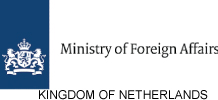 | https://www.netherlandsworldwide.nl/ contact/embassies-consulates-general/south-sudan |
| WFP | World Food Programme (WFP) is the largest humanitarian organization saving and changing lives worldwide, and present in over 120 countries and territories. WFP work span a broad range of activities, bringing life-saving assistance in emergencies and supporting sustainable and resilient livelihoods to achieve a world with zero hunger through asset creation, cash and market support, climate action, ending malnutrition, food systems, gender equality, resilience building, school based programmes, smallholder farmers support and sustainable livelihoods and ecosystem. WFP’s country operations align with the mission of MAFS to contribute to food security and improve the economic conditions of vulnerable households. |  | https://www.wfp.org/ |
| CRS | Catholic Relief Services (CRS) works with organizations around the world to help poor and vulnerable people overcome emergencies, earn a living through agriculture and access affordable health care. Guided by an ambitious 2024-2028 Country Program Strategy for South Sudan, CRS focuses on building community resilience through integrated and layered interventions in food security, agriculture and livelihoods, social cohesion and access to essential services. CRS builds acceptance through long-term presence in the communities we serve, pivoting effectively between emergency response, recovery, and resilience-building to support communities on their journey towards self-reliance. |  | https://www.crs.org/ |
| JICA | Established as an Incorporated Administrative Agency under the Act of the Incorporated Administrative Agency - Japan International Cooperation Agency (Act No. 136, 2002), JICA aims to contribute to the promotion of international cooperation as well as the sound development of Japanese and global economy by supporting the socioeconomic development, recovery or economic stability of developing regions. | 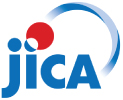 | https://www.jica.go.jp/english/ |
| IOM | IOM works to ensure the dignity, safety and protection of people in the most challenging crisis response contexts, especially related to displacement and immigration in the world. IOM South Sudan has been active in the country since 2005 and has played a significant role in assisting internally displaced persons and affected communities, especially since the conflict in 2013, according to IOM. IOM's work includes migration management, recovery and stabilization efforts, and humanitarian assistance, according to IOM. |  | https://www.iom.int/ |
| NPA | Norwegian People's Aid (Norwegian: Norsk Folkehjelp) was founded in 1939 to provide post-conflict reconstruction assistance and humanitarian relief during conflicts. NPA is now engaged in more than 33 countries in de-mining, humanitarian relief, promoting democratization; the rights of indigenous people, equality; and fair distribution of power and resources. NPA currently operates de-mining activities in 16 countries and played a central role in the International Campaign to Ban Landmines and the Convention on Cluster Munitions which was signed in Oslo in 2008. In South Sudan, Norwegian People’s Aid country programme works with civil society in addressing massive challenges, with a particular focus on responding to the critical food insecurity. NPA has organized its work into 3 programmes, all of which contribute to improving food security, both locally where NPA is present, and nationally, through advocacy and support to national structures. Through its Emergency Response programme, NPA aims to provide immediate access to food for those populations at greatest risk in the current food crisis; through its Rural Development programme, NPA supports household livelihoods and improved agricultural practices and market capacities; finally, with its Civil Society programme, NPA supports civil society actors in ensuring community and household access to land and natural resources. |  | https://www.npaid.org/ |
| EU | The European Union (EU) is significantly involved in South Sudan, focusing on humanitarian assistance, peacebuilding, and development cooperation. The EU Delegation to South Sudan works to strengthen EU-South Sudan relations and support the Revitalized Agreement on the Resolution of Conflict in South Sudan (R-ARCSS). Additionally, the EU provides humanitarian aid to address the protracted crisis and supports basic services like education and health, while promoting self-reliant livelihoods and transparent governance. |  | https://europa.eu/ |
| ILO | The International Labor Organization (ILO) is a United Nations agency whose mandate is to advance social and economic justice by setting international labor standards. Founded in October 1919 under the League of Nations, it is one of the first and oldest specialized agencies of the UN. South Sudan became a member of the ILO in April 2012. Since then, the ILO has continued to support South Sudan to promote decent work as a key component of the country’s national development strategy. In partnership with trade unions and employers’ organizations, ILO helps promote access to decent jobs and vocational training, including for refugees and host communities. Priority is also given to strengthening public and private business development providers with a direct focus on financial and non-financial services, and the development of information systems. This aims to promote the growth and competitiveness of MSMEs, spur economic growth, and catalyze the creation of productive and durable employment opportunities. ILO activities in South Sudan are managed by the ILO Country Office for Ethiopia, Djibouti, Somalia, Sudan and South Sudan, based in Addis Ababa. ILO is part of the implementing partners for the Rural Enterprise FOR Agricultural Development (READ) funded by IFAD and jointly implemented by UNDP, ILO and CBSS for the Ministry of Agriculture and Food Security (MAFS). |  | https://www.ilo.org/ |
| UNDP | UNDP is the leading development agency of the United Nations (UN), and works in about 170 countries and territories, helping to eradicate poverty, reduce inequalities and exclusion, and build resilience so countries can sustain progress. As the UN’s development agency, UNDP plays a critical role in helping countries achieve the Sustainable Development Goals. UNDP’s goal is to help creating more resilient communities and reinvigorated local economies; strengthening peace and governance; and empowering women and girls. UNDP South Sudan aims to do this by supporting the Government to manage public finances in an environment of respect for the rule of law, with an accountable government to deliver inclusive economic growth. UNDP is one of the partners that is implementing the Rural Enterprise for Agricultural Development (READ) funded by IFAD and jointly implemented by UNDP, ILO and CBSS for the Ministry of Agriculture and Food Security (MAFS). |  | https://www.undp.org/ |
| VSF Germany | Vétérinaires Sans Frontières Germany (VSF Germany) is a German non-profit organization with its headquarters based in Berlin, Germany. It is a dynamic organization whose work is driven by a strong commitment towards the health and well-being of humans, animals and the environment that surrounds them, supporting efforts aimed at saving lives and ending suffering in Eastern Africa – a work that transcends international borders and sector boundaries to achieve the One Health Agenda in a global setting. VSF Germany has been implementing projects in the Horn of Africa since 1998. The organization has a Regional Office in Nairobi (RON), Kenya, and Country Offices (CO) in Kenya, Somalia, Ethiopia, South Sudan, Sudan and Uganda. In South Sudan it was initially contracted by the Ministry of Agriculture and Food Security (MAFS) to implement the IFAD funded South Sudan Livelihoods Response Project (SSLRP). |  | https://www.vsfg.org/ |
| World Vision | World Vision International is an interdenominational Christian humanitarian aid, development, and advocacy organization. It was founded in 1950 by Robert Pierce as a service organization to provide care for children in Korea. In 1975, emergency and advocacy work were added to World Vision's objectives. World Vision has been working in South Sudan since 1989, through our humanitarian work. Our operations cover four major zones: Juba, Upper Nile, Warrap, and Western Equatoria. In 2023, World Vision's humanitarian assistance in the country reached out to over 3.2 million people in need, including 1.3 million children, through various initiatives such as food security and livelihood, health and nutrition, protection, education, water, sanitation and hygiene among others. we continued to respond to multiple and, often overlapping crises that include food insecurity and malnutrition, and displacements of people caused by inter-communal conflict, flooding, and the crisis in Sudan. | 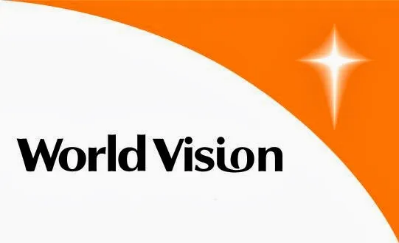 | https://www.wvi.org/ |
